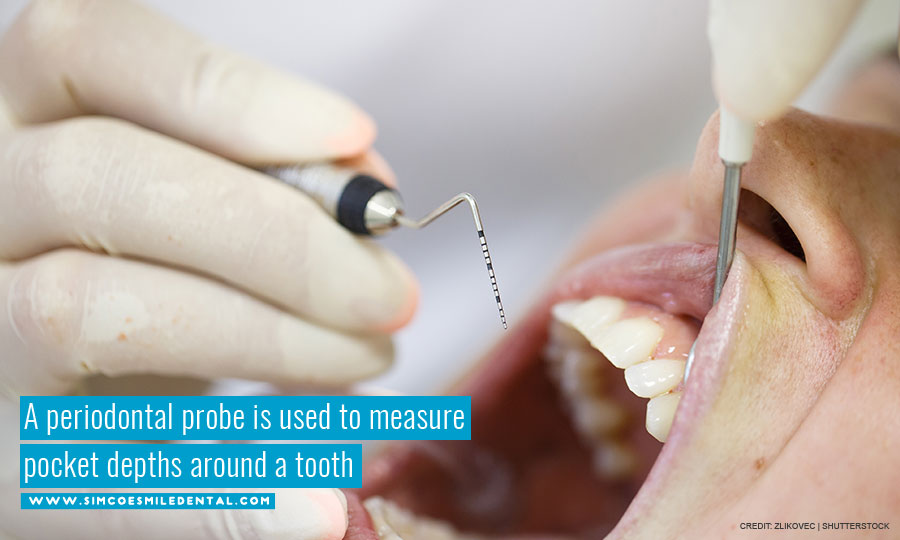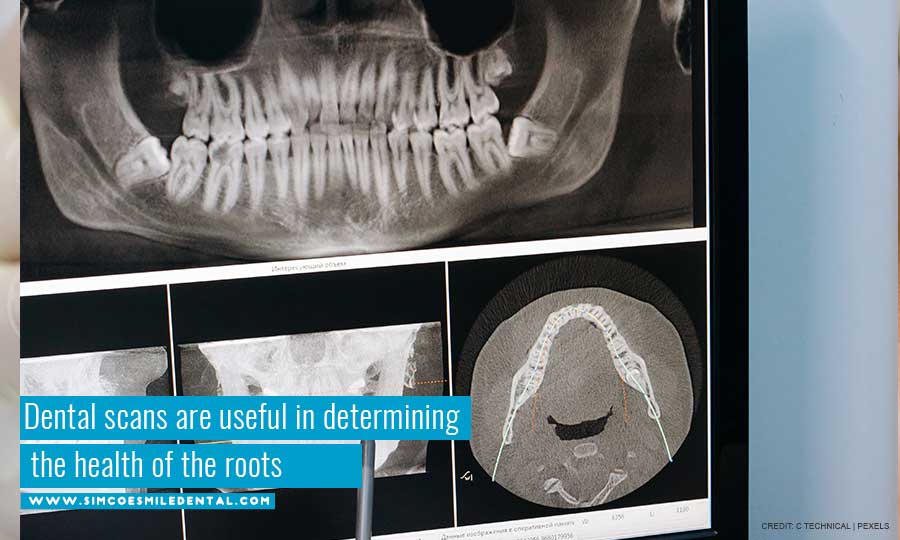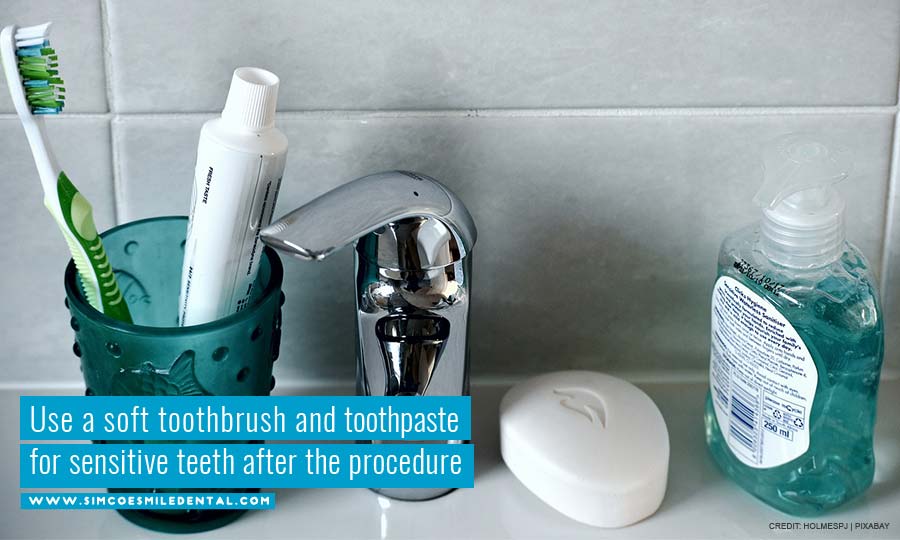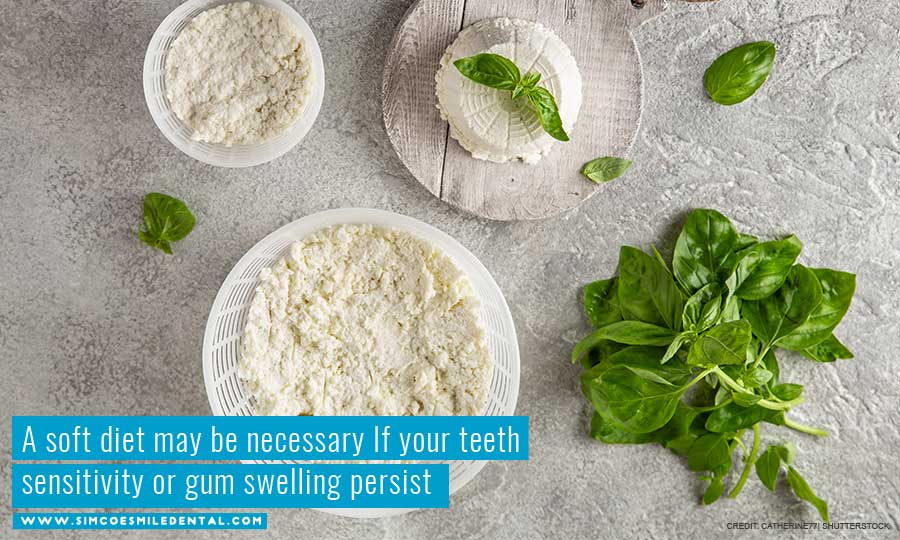Universally recognized as a social cue for content and joy, a simple smile can brighten any mood. Known as one of the friendliest people in the world, Canadians are no strangers to sharing their smiles. With their upbeat demeanour and warm personality, they can make anyone feel welcome.
However, with 47% of the country dealing with dental issues, preventing many from showing off their pearly whites. Fortunately, a quick dental appointment and a deep dental cleaning can fix that. With proper dental care, you too can share your happiness with confidence and ease. However, when do you need a deep cleaning at the dentist? And are dental appointments really necessary?
Advantages of Dental Deep Cleaning
Also known as gum therapy, the deep teeth cleaning process is not as complicated as some might think. Similar to regular dental cleaning, this hygienic process washes the entire gunk out from your gums and teeth. However, instead of just merely addressing surface-level build-up, the deep cleaning procedure includes the roots of the teeth and gum lines
How do you benefit from deep cleaning teeth?
Deep cleaning is necessary for those with gum disease, specifically if the gums have started to pull away from your teeth. This creates a pocket that’s more than 5 millimetres deep between the gums and the teeth. This unhealthy space could result in gingivitis and periodontitis. If gum disease progresses, the gap can widen, weakening the bones that support your teeth and leading to tooth loss.
Opting for deep cleaning will allow your dentist to detect and prevent dental problems earlier and faster. Removing plaque and tartar will eradicate possibilities of dental complications. Specifically, deep cleaning:
- Removes harmful debris above and below the gumline
- Impedes the progression of gum disease.
- Treats existing infection and promotes healing
- Reduces bad breath caused by gum disease
- Safeguards the roots of your teeth
This should be done once a year — but how do you know that you need in-depth cleaning in the first place?
Dental Deep Cleaning Process
Know what to expect during the treatment.
Preparation
Preparing yourself mentally and physically is integral for a dentist visit in your dental health journey. To make sure that the procedure will go smoothly, you need to relax. If you’re anxious, it may extend the time you spend on the dentist’s chair. Talk to your dentist before your visit so you walk you through the process and help you calm down.
Process
A deep dental cleaning can take from 1 to 2 hours and will not take up too much of your day. It involves the following steps:
- Assessment – Your dentist evaluates your dental health.They first take X-rays and scans to determine how much cleaning you need. By measuring the gap around your teeth, dentists can identify problems that may be invisible to you. A dental tool called the periodontal probe is used for this.
- Anesthetic – The procedure begins with the application of a topical anesthetic on the soft tissue in your mouth. Generally, deep cleaning is not painful, but anesthetics can minimize discomfort.
- Gum scaling – During this process, the dentist reaches down into the pocket of your gums to remove any build-up.
- Root planing – The process aims to smooth the rough spots on the roots of your teeth.
- Multiple sessions – This particular step may require multiple visits to avoid any dental stress. By segmenting the procedures so it’s done over multiple days, your gums and roots are given the time to breathe and heal before the next step is carried out.
- Follow-up – Within 4 to 6 weeks after the procedure, you need to revisit your dentist so they can assess the progress and results of the procedure. They may even arrange for you to come back every 3 to 6 months to prevent infections. You can also check on your gums yourself and schedule an earlier appointment if you suspect complications.
During the procedure, teeth fillings may be scraped down during the session. However, with proper warning and a reminder to your dentist, this can be avoided.
Aftercare
After the procedure, the dentist will give you aftercare instructions depending on the condition of your dental health. They may recommend that you use a milder mouthwash, toothpaste, or toothbrush. They may also prescribe antibiotics if there’s a risk of infection.
While some may protest that they don’t need deep cleaning because they brush regularly and floss after every meal. However, only your dentist can determine that through check-ups.
Dental Concerns and Relief
If you’re asking, “Can teeth fall out after deep cleaning?” No, they won’t.
When done by a licensed professional, deep cleaning is safe and presents a low chance of complications. While deep cleaning of your teeth presents side effects, these are mild and temporary.
Immediately after the visit, your mouth may feel numb due to the prolonged effects of anesthetics. and only means that you may experience some swelling and sensitivity. If you experience swelling, this will subside. However, the dentist may advise you to eat softer meals for about a month.
Investing in Your Health
When it comes to your dental health, the cost of deep cleaning your teeth is a worthy investment. It is better to spend a few dollars than to risk chronic tooth pain or your teeth falling out.
Your smile is a reflection of your health and well-being. One look at your teeth and gums offers your dentist a glimpse into your lifestyle and overall health. With proper dental care, you can strive to live healthier while flaunting a wider, more confident smile. Always remember that you owe it to yourself to look after and care for your body.
If you are in Oshawa and you have dental concerns, reach out to Simcoe Smile Dental. We offer teeth whitening, teeth cleaning, and other oral health services. Call us now at (289) 312-1482 and make an appointment for a healthier smile tomorrow.





